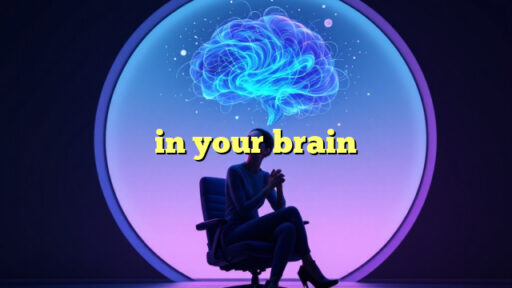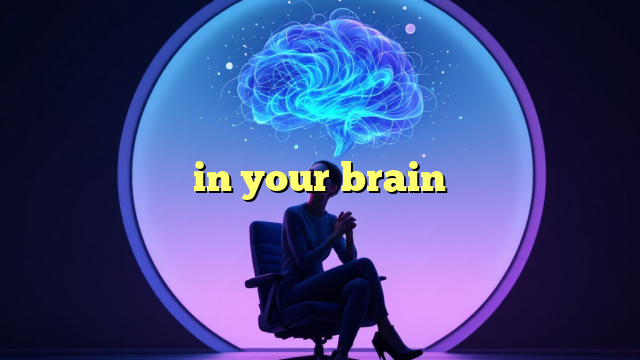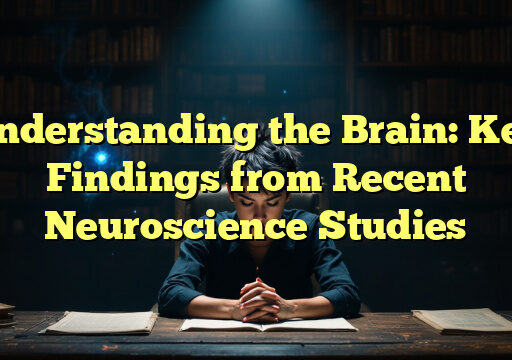The human brain is a complex organ that plays a crucial role in controlling our thoughts, emotions, and behaviors. It is made up of billions of neurons that communicate with each other through electrical and chemical signals. The brain is divided into different regions, each responsible for specific functions such as memory, language, and movement.
How the Brain Works
The brain is divided into three main parts: the cerebrum, cerebellum, and brainstem. The cerebrum is the largest part of the brain and is divided into two hemispheres. It is responsible for higher brain functions such as thinking, learning, and reasoning. The cerebellum is located at the back of the brain and is responsible for coordinating movement and balance. The brainstem connects the brain to the spinal cord and is responsible for basic functions such as breathing and heart rate.
Neurons and Synapses
Neurons are the building blocks of the brain and are specialized cells that transmit electrical signals. They communicate with each other through structures called synapses, which allow for the transfer of information between neurons. When a neuron fires, it releases neurotransmitters that bind to receptors on the receiving neuron, causing it to either fire or inhibit its activity.
Brain Plasticity
The brain has the remarkable ability to change and adapt in response to experiences. This phenomenon, known as brain plasticity, allows the brain to reorganize itself to compensate for injury or to learn new skills. For example, London taxi drivers have been found to have larger hippocampi, the region of the brain responsible for spatial memory, due to their extensive navigational training.
Brain Disorders
When the brain is not functioning properly, it can lead to a variety of disorders such as Alzheimer's disease, Parkinson's disease, and schizophrenia. These disorders can have a significant impact on a person's quality of life and require specialized treatment. Research into the causes and treatments of these disorders is ongoing.
Conclusion
The human brain is a remarkable organ that is still not fully understood. Its complexity and adaptability make it a fascinating subject of study for scientists and researchers. Understanding how the brain works and how it can be affected by disease is crucial for developing treatments and therapies to improve brain health.
FAQs
The cerebrum is considered the most important part of the brain as it is responsible for higher brain functions such as thinking, learning, and reasoning.
Yes, the brain has the ability to change and adapt in response to experiences, a phenomenon known as brain plasticity.
Some common brain disorders include Alzheimer's disease, Parkinson's disease, and schizophrenia.
Unlock Your Mental Potential



